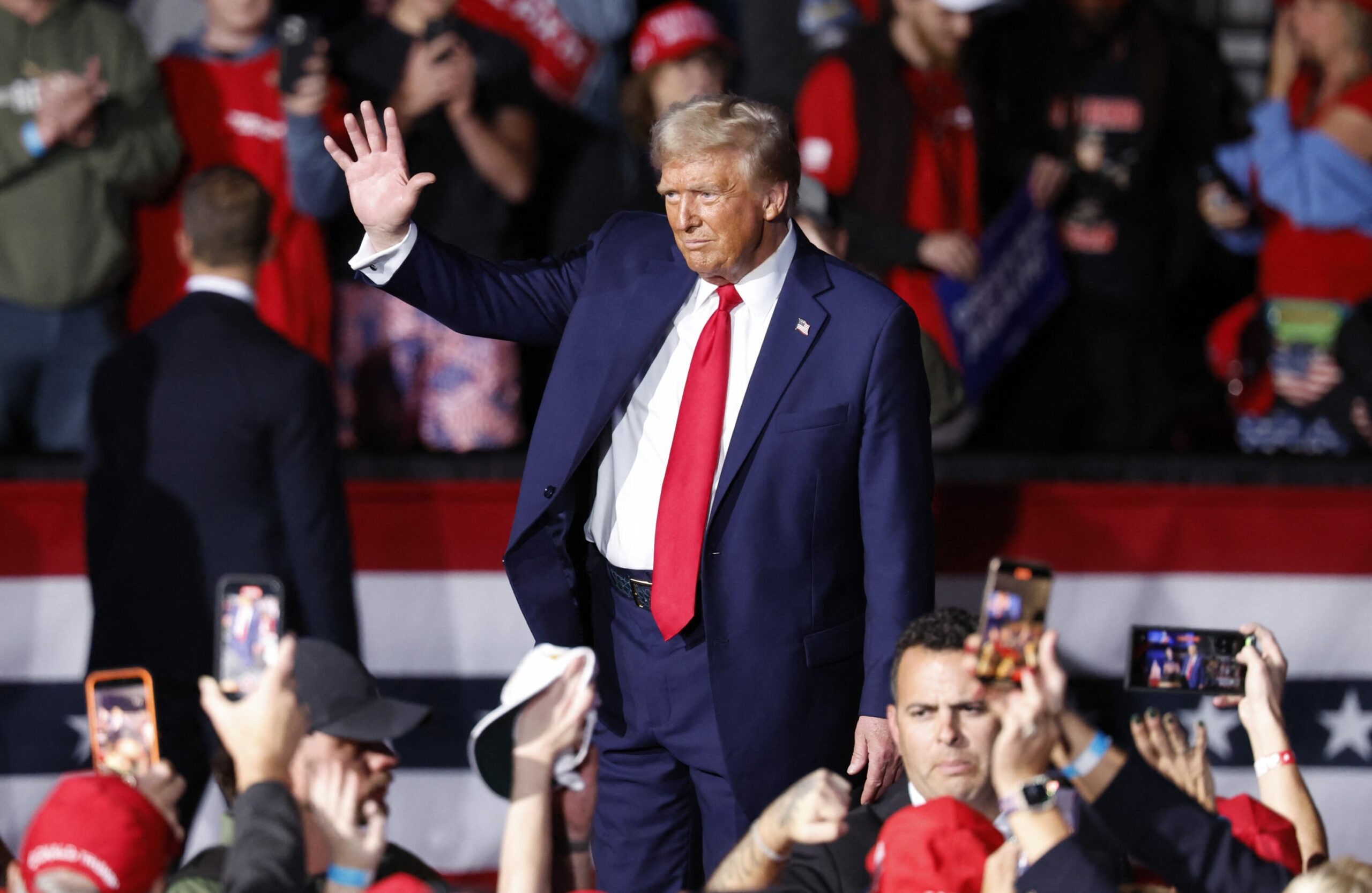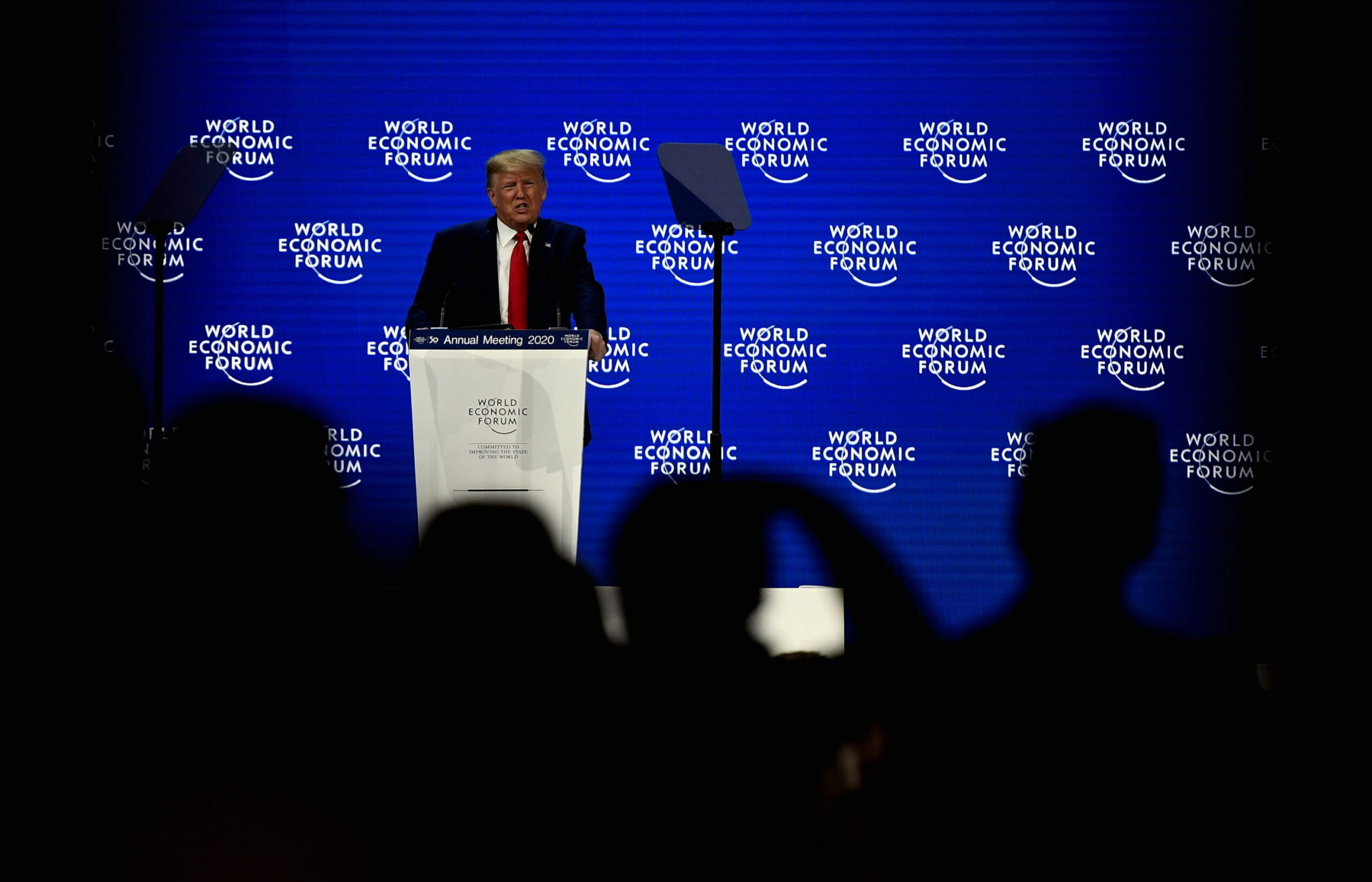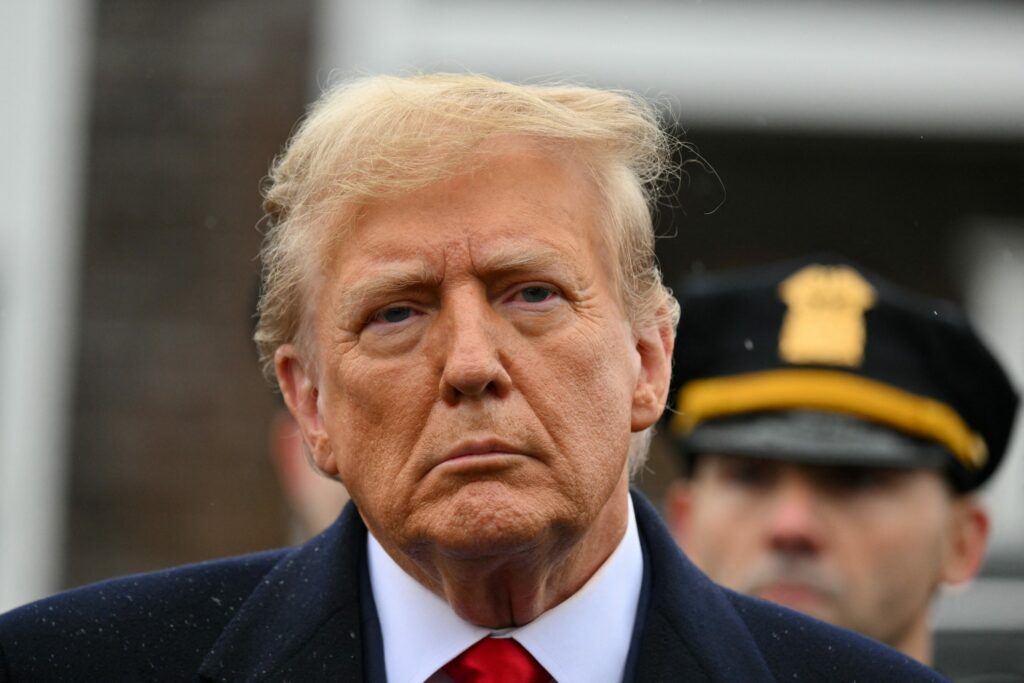A Belgian economist is cautioning that US President-elect Donald Trump's proposed policies will be "extremely negative for European industry".
Eric Dor, Director of Economic Studies at the IESEG School of Management, has highlighted that an "intensification of American protectionism" is bad news for European exporters.
"Trump has indicated that he wants to introduce a new 10% tax on imports in general, wherever they come from, and a 60% tax on goods from China," he said. "It is too early to assess how far a Republican administration will really go in implementing this programme, which seems to run counter to certain WTO [World Trade Organisation] provisions, but it is clear that US protectionist measures will intensify."
Dor warns that as well as exports from the EU to the US falling, China will likely increase efforts to shift its falling sales in the US to Europe, eating into the domestic market share for European businesses.
He also noted that Trump's proposal to restart the drilling and extracting shale gas and oil will lower energy costs in the US, widening the gap with Europe to the detriment of European manufacturers.
"There is therefore a real risk that de-industrialisation will accelerate in Europe, with major job losses. This will further reduce the potential growth rate of the European economy," Dor says.
He highlighted other elements of the Trump agenda that will make the US more attractive than the EU to large companies. Especially, the "major tax breaks" for big businesses and high income earners, as well as actively weakening environmental or human rights regulations that could constrain companies.

US President-elect Donald Trump. Credit: Belga / AFP
Interest rates remaining high
The proposed rise of US interest rates in Trump's programme could also lead to an increase in customs duties that will fuel inflation, forcing the Federal Reserve to respond.
The European Central Bank could then be less likely to continue cutting its own interest rates. If there the difference between interest rates on either side of the Atlantic is too large, it will cause the dollar to appreciate against the euro. It will also make it more expensive to buy imported goods with euros that were initially priced in dollars.
The end result is that certain goods will be more expensive in the EU, driving up inflation, which would make the ECB reluctant to reduce interest rates.
"If, however, there is a sharp protectionist-induced recession, ECB rates could still continue to fall, but this is uncertain if there is inflation at the same time. It is difficult to assess which scenario will prevail," said Dor.

US President Donald Trump delivers a speech at the 2020 World Economic Forum meeting in Davos, Switzerland, Tuesday 21 January 2020. Credit: Belga / Eric Lalmand
End to defence and environmental commitments
The economist also pointed out that Trump's wish to reduce US military support for Europe will force NATO Member States to "significantly increase their defence spending", which could eat into public finances and lead to austerity.
Finally, Dor warned that Trumps election will have "deleterious" long term consequences for the global economy, "because of the accelerated environmental degradation caused by his programme".
"The Trump administration will once again disassociate itself from the Paris agreements on the fight against global warming. In general, protection of the environment and biodiversity will continue to decline," he said.
"The acceleration of climate change will lead to shortages of foodstuffs, disruption of supply chains for other products, major damage to public and private property, and will therefore be very costly."

